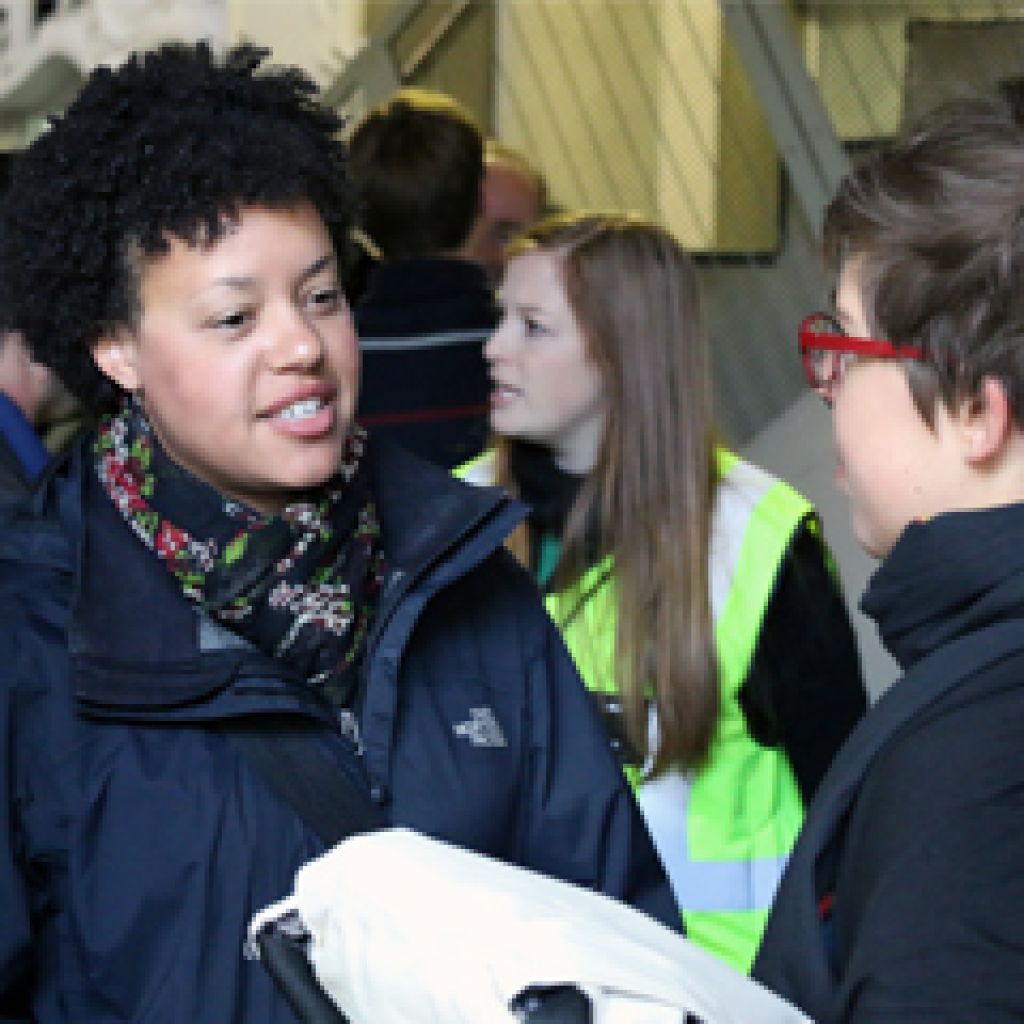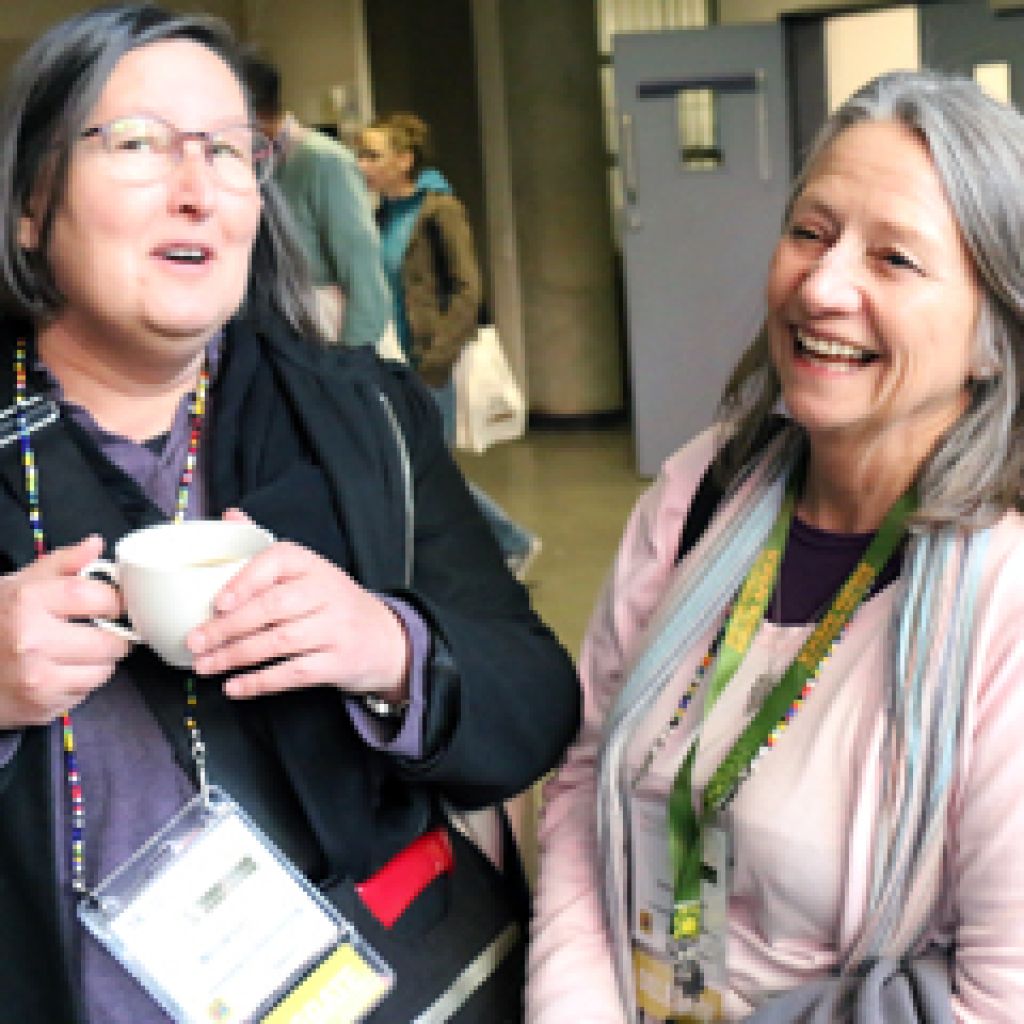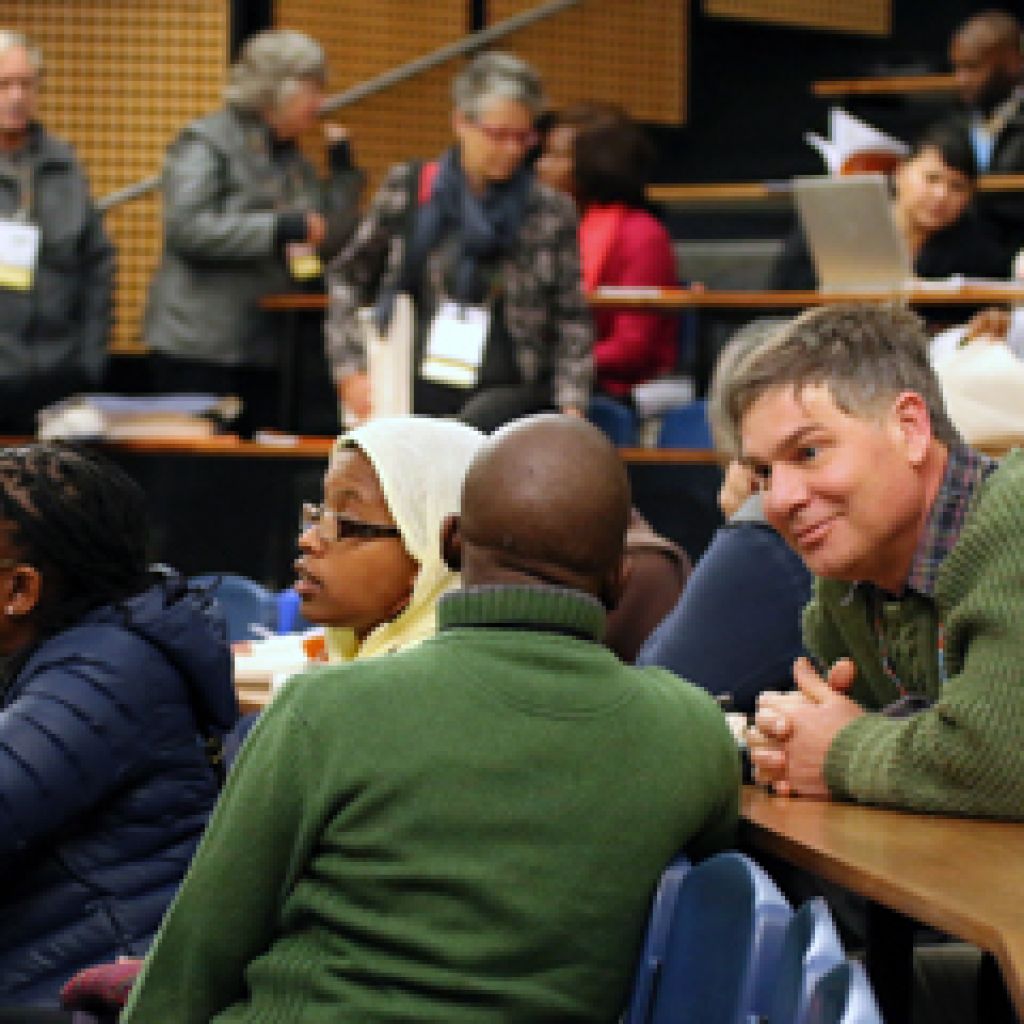Historic meeting of archaeologists: PAA 2014 congress

Sixty years after the Nationalist government of South Africa withdrew its support to African-related archaeology in 1948, the Pan African Archaeological Association for Prehistory and Related Studies (PAA) have finally reached Johannesburg and South Africa.
The PAA held its 14th Congress at Wits University from14 to 18 July 2014, in conjunction with the 22nd Biennial Meeting of the Society of Africanist Archaeologists (SAfA).
In opening the Congress on Monday, 14 July 2014, Karim Sadr, Chair of the local organising committee, and Associate Professor in the Wits School of Geography, Archaeology and Environmental Studies, said the PAA was established by none other than Louis Leaky, pioneer in the study of human evolution in Africa, and the first Congress was held in Nairobi in January 1947.
“At that ground-breaking Nairobi meeting, Johannesburg was nominated as the host of the second Congress, but the Nationalist government of South Africa which came to power in 1948 withdrew its support for this initiative and the second Congress went to Algiers instead,” he said.

Sixty years on and African archaeologists have firmly established their place in the knowledge body of human evolution.
In his opening address, the Deputy Director General in the Department of Science and Technology, Professor Yonah Seleti praised the PAA and archaeologists for their contributions the past six decades and longer, to “challenged flawed and misinformed philosophies on Africa’s role in the rise of modern humans and civilisations. It is through your research that Africa has claimed its position as the cradle of humanity. The work that you do contributes not only to the scientific knowledge around origins, but also contributes to our social cohesion and cultural identity, and much more, it carves a path to modernity which is Africa.”
The gathering of some 500 delegates from Africa, Europe and North America, brought together Africanist archaeologists in a forum for the exchange of information and ideas; to create contacts between students, researchers and practitioners across Africa in multiple disciplines; to forge links and friendships; and to facilitate and promote inter-African collaboration. To this end, the theme of the 2014 joint meeting was: African Archaeology without Frontiers.

The keynote speaker, Chapurukha Kusimba, Professor and Department Chair in Anthropology at the American University, Washington, DC, said archaeologists should continuously question themselves about what persistent boundaries they personally and collectively encounter, the boundaries they inadvertently build and retain, and how they put up boundaries that might generalise the discipline and alienate them from each other.
“We should emulate examples set by our founding fathers and mothers of our discipline. We must train more scientists, share data and examine topics that unite and bring vast communities together. We should be vigilant and try and avoid the trap of ethnicity by the simplistic connections between archaeological science and present day communities.”
“We should speak out on issues that can divide our audience, this include vices like political ethnicity, class consciousness, ethnic stereotyping, nepotism and even corruption. We should build bridges among ourselves and support each other by belonging to laboratories and organisations that collaborate and share better,” he said.